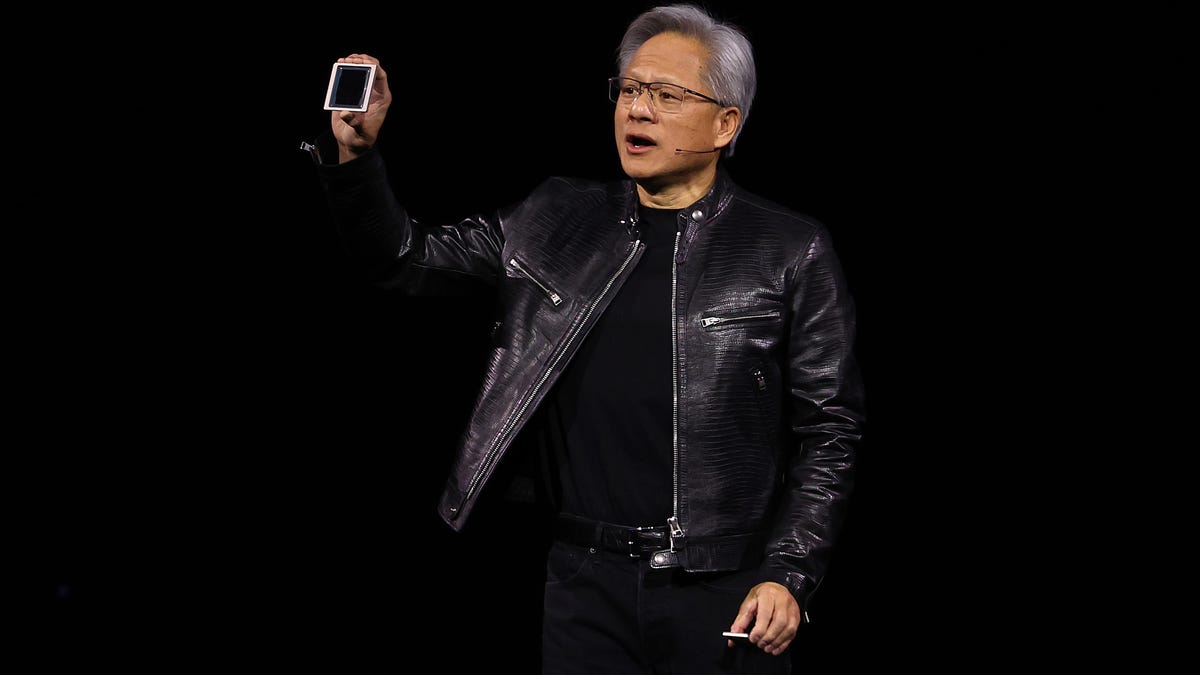

In September, Microsoft unveiled “the next wave” of its Copilot artificial intelligence tools in its suite of work apps.
Advertisement
The AI-powered features include Business Chat, which databases web data, work data, and business data into a new tool called Copilot Pages, where human and AI-generated data can be edited, added to, and shared between work teams. Microsoft chief executive Satya Nadella said the new tool was part of his “daily habit.”
Microsoft also launched Copilot in Excel with Python, making it possible to use the programming language to work with data in Excel with natural language, not coding. The new Copilot also includes AI-enabled features for Powerpoint, Outlook, Word, OneDrive, and Teams, which Microsoft co-founder Bill Gates has said he uses “a lot.” And the company introduced Copilot agents, or AI assistants, that can be used to automate certain business tasks.
In March, Business Insider reported that some Microsoft customers were complaining that Copilot was falling short of OpenAI’s ChatGPT. However, employees said Microsoft 365 Copilot had mostly positive feedback, but some customers using older versions of Microsoft’s suite of business tools were expecting the more advanced Copilot to work with it, leading to the unfavorable comparisons with ChatGPT.
In May, Microsoft announced Copilot Plus PCs, or its laptops equipped with AI hardware and support for AI applications, that would be available from its major laptop partners, including Dell (DELL) and HP (HPQ). The company said in May it had released 30 “responsible AI” tools with over 100 features to support AI applications developed by its customers on its Azure cloud computing platform.
Microsoft’s shares reached a record high in March after it announced its Copilot for Security tool, which it called the AI industry’s “first generative AI solution” for security and IT professionals; it’s trained on “large-scale data and threat intelligence,” including over 78 trillion security signals that the company processes daily, Microsoft said.
 Print
Print


